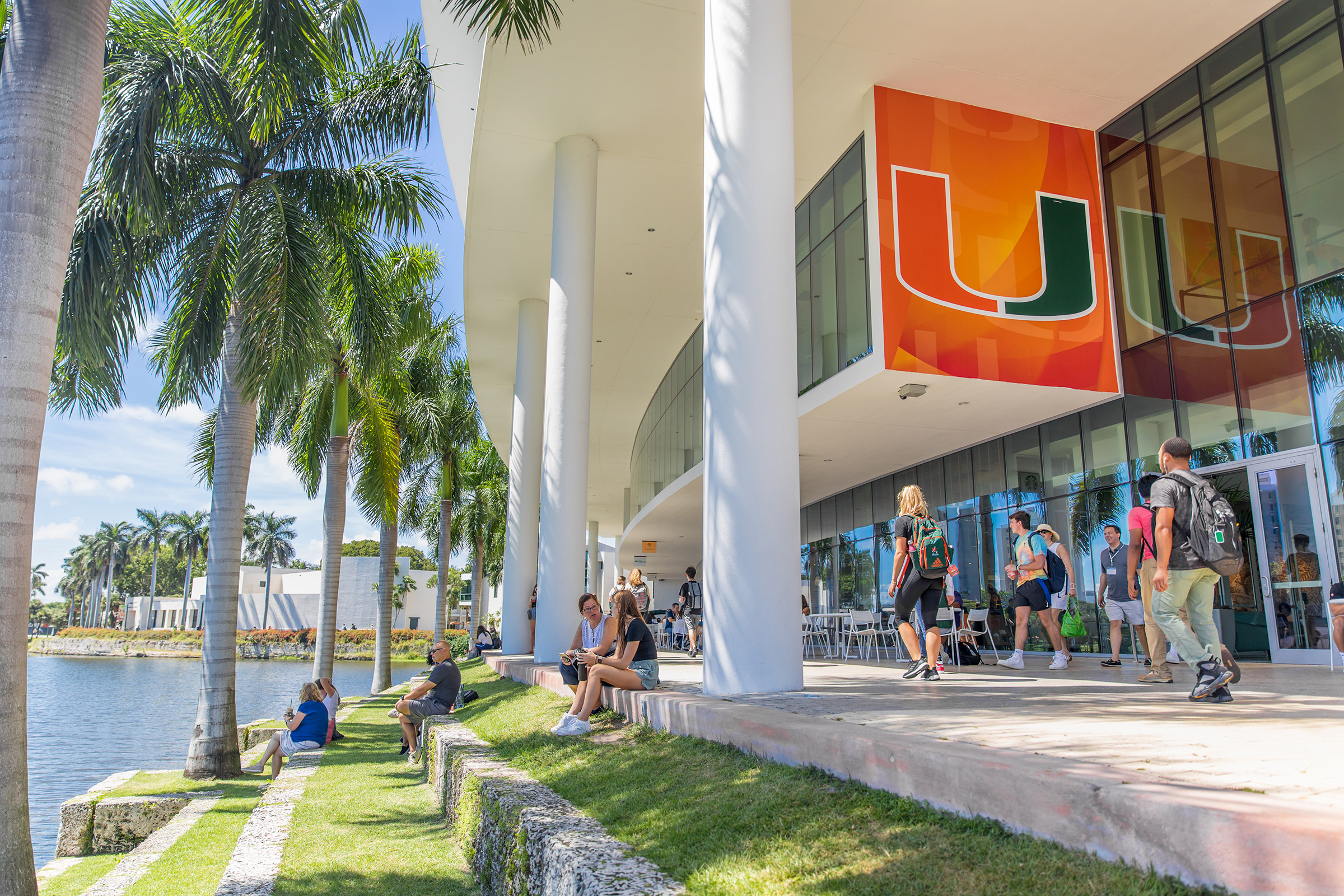
Internships + Inclusivity = 2 Draws for UT-Austin Grad to Study Law at University of Miami
With 18 areas of study and Miami ranked as the number 2 most entrepreneurial city in the United States, The University of Miami School of Law offers students ample opportunities and exposure to many fields. It is no surprise it draws students from UT-Austin to study law at its palm-tree lined campus.
Steven Seward, an UT-Austin and Miami Law alumnus, who worked for The Daily Texan as an editorial columnist in the summer of 2001, said one of the reasons he chose Miami was because of the caliber of its faculty.
“You have the real fortune of having some great professors, people that have practiced in New York City, big law firms, and decided to move down to Miami to enjoy the weather,” Seward said. “As well as local practitioners that were highly regarded like my bankruptcy professor who could help me get the clerkship that I got after law school.”
Seward, who is currently a litigator in San Antonio, said Miami Law offered him many opportunities for internships and other accomplishments.
“It’s one of those things where, especially in law school, you need to make your own luck,” Seward said. “I had a chance to participate on a Law Review, which is one of the primary accomplishments you could have at law school.” Seward credits Patricia Redmond, a bankruptcy assistance clinic director at Miami Law, with helping him to come up with the idea for his law review article, which analyzed how attorneys are paid in a bankruptcy case, and said she had a major impact on his early career.
Seward goes on to say he also interned with a federal bankruptcy judge and worked for a federal agency and a large corporation to get different types of experiences. One of his memorable classes was corporate law with Elliot Manning, emeritus professor at Miami Law, where the class took a deep dive into how to structure a corporate document and how to revise it appropriately.
Finally, Seward cherished the inclusive nature of Miami: “(It) has a great melting pot, as far as people from all across the United States, it’s one of those places where you never really felt like an outsider, even if you’re from 1500 miles away.”
The University of Miami School of Law offer an individualized learning environment, with 78% of upper-level courses having under 25 students and the student to faculty ratio is 6.4 to 1. They value experiential learning by offering 17 clinics and practicums, with more than 300 students participating in law clinics with direct client representations per year. With Miami being such an international city, they offer more than 25 international exchange programs in 13 different countries.
Their full-time program requires three academic years of study. The first year is to help students learn to think like a lawyer, where they build a firm foundation of the law and its theory and substance with courses such as Contracts, Property, Torts, Civil Procedure, Criminal Procedure and Constitutional Law. The second and third years help students build knowledge and put it into practice. These are the years where students have the option to pursue areas of interest, and they offer an extensive list of courses, seminars, and workshops.
